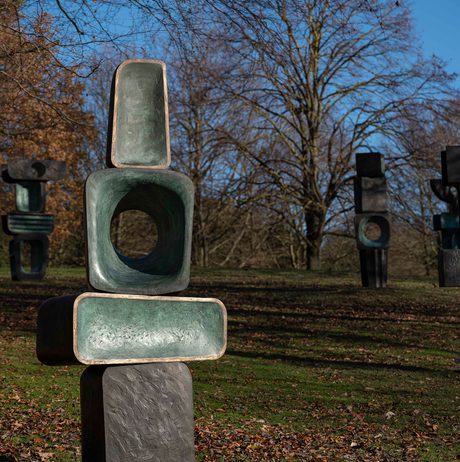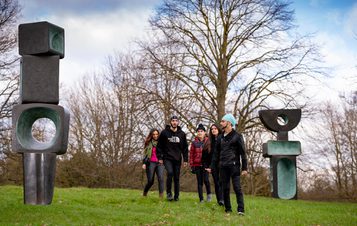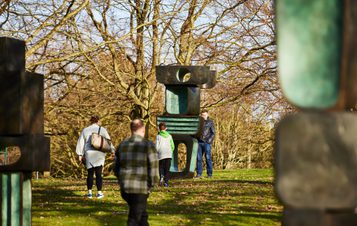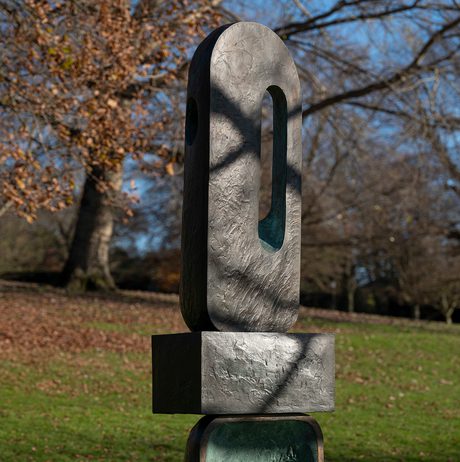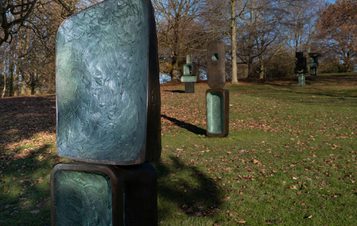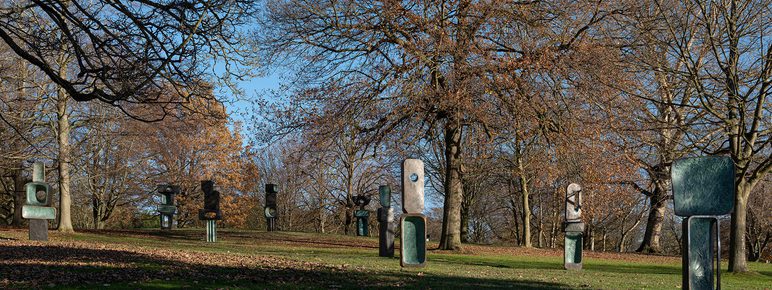
Barbara Hepworth: The Family of Man
Art Outdoors /Barbara Hepworth: The Family of Man
The Family of Man (1970) is a beautiful representation of a group of figures in a landscape. It is one of the last major works that Barbara Hepworth made before her death. Each of the nine sculptures represents a stage of life. The Family of Man has been on public display at Yorkshire Sculpture Park since 1980.
Hepworth wanted to create a family of figures for a hillside. The Family of Man is both a universal survey of humanity and a personal history. The sculptures become more sophisticated in composition as they mature. Hepworth created abstract forms inspired by people and landscapes. These nine upright figures resemble one another, like the family to which they allude.
Barbara Hepworth is one of the most important artists of the 20th century. She had an influential career spanning over fifty years. At the time, British sculpture and modernism was dominated by men.
Born in Wakefield, Hepworth studied at Leeds School of Art. She was greatly inspired by her early years in Yorkshire. She moved to Cornwall in 1939, where her studio overlooked St Ives bay. Describing the Cornish land and sea, she wrote about how "the quality of light and colour" excited and inspired her. Hepworth loved to carve, and she created sculptures in wood, marble and bronze. She took inspiration from organic forms, nature and landscape.
You might also like
- Art Outdoors
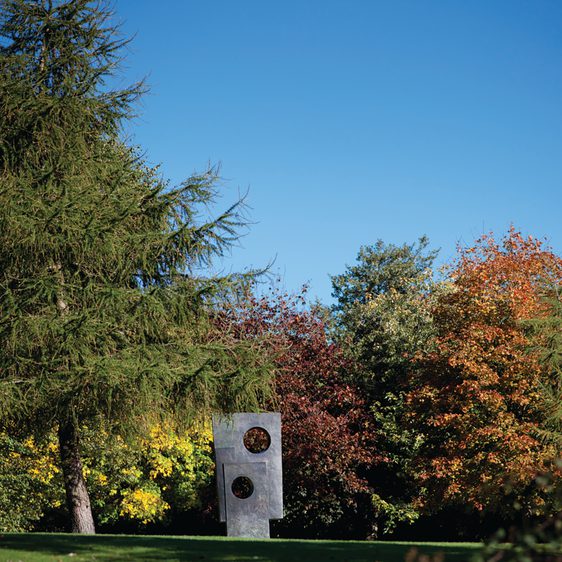
Barbara Hepworth: Squares with Two Circles
Squares with Two Circles is a large bronze work by Barbara Hepworth. The sculpture stands on the Hillside at YSP near to Hepworth's The Family of Man. The two circular apertures provide 'windows' to the landscape beyond. - Art Outdoors
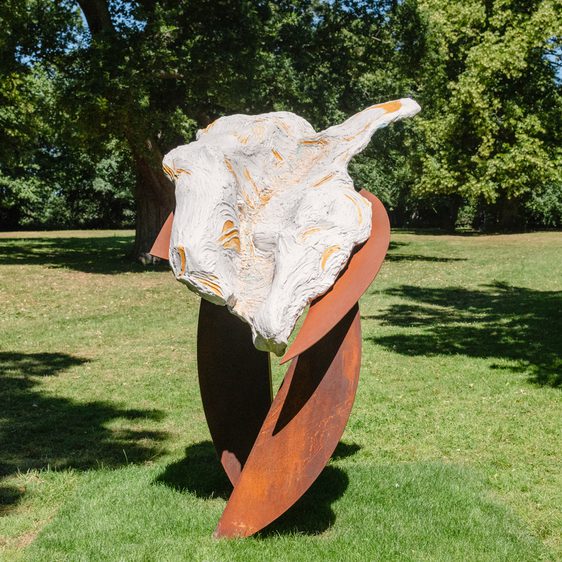
Ro Robertson: Stone (Butch)
Robertson’s Stone (Butch) (2021) is part of a body of works exploring the terrain of the queer body in the landscape and was created by plaster casting directly in crevices in natural rock formations at Godrevy Point (St Ives Bay, Cornwall). - Art Outdoors

Niki de Saint Phalle: Buddha
Niki de Saint Phalle began creating figurative works in the mid-1960s. In response to the pressures of domestic life as daughter, mother and wife, she created her iconic Nana figures. The colourful and voluptuous sculptural works are celebrations of the female form. These goddess-like figures continued as a form of expression throughout the artist’s life, and paralleled modern feminist efforts to reconsider and revalue the female body. - Event
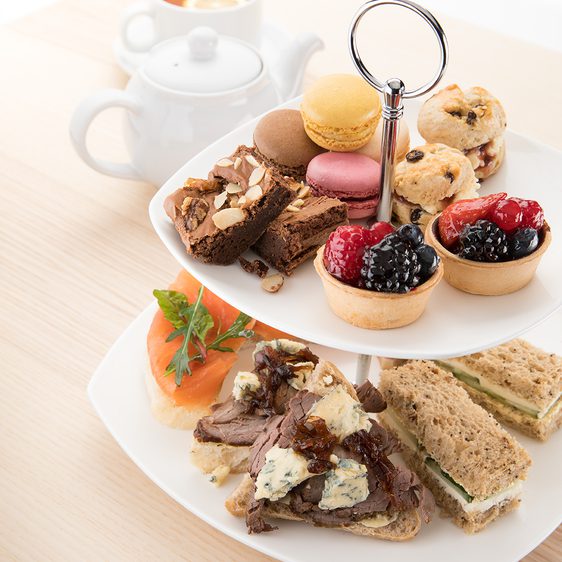
Mother's Day Afternoon Tea
Celebrate Mother's Day with family and friends and enjoy a delicious afternoon tea of homemade sandwiches, savouries, freshly baked scones and cake.
